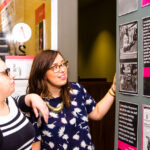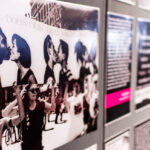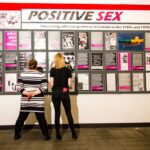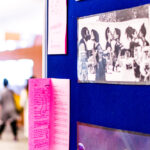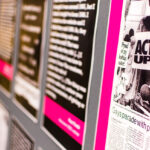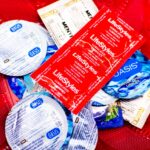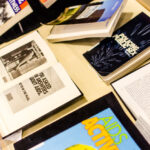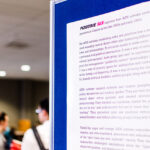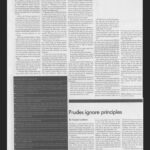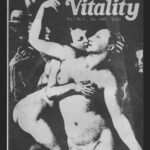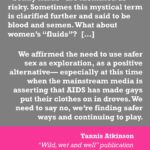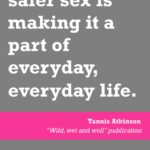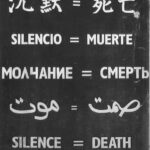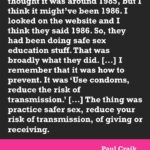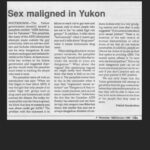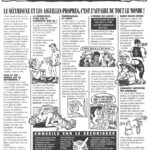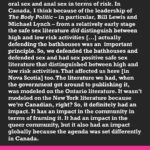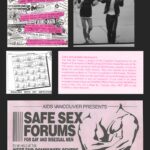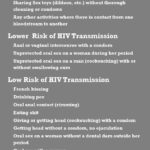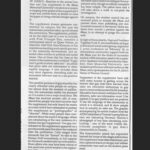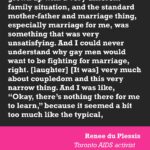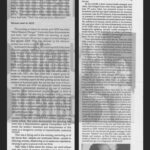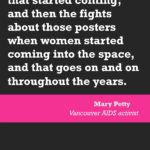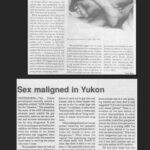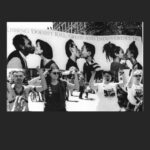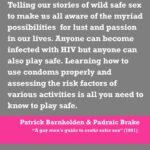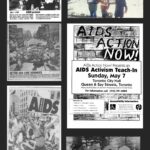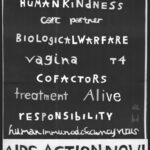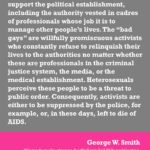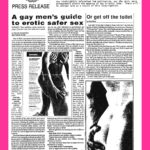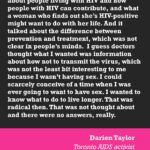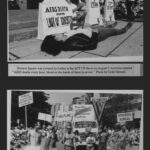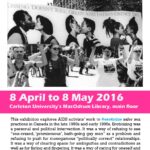
This exhibition was on display 8 April to 8 May 2016 in Carleton University’s MacOdrum Library. It is currently on display in Carleton University’s Mike’s Place Pub.
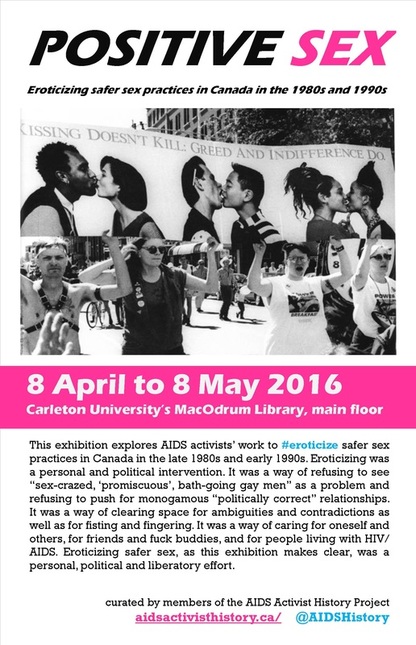
Positive Sex explores how AIDS activists eroticized safer sex practices in Canada in the late 1980s and early 1990s.
For AIDS activists, eroticizing safer sex practices was a way of honouring (and arousing) sexual desire while also honouring differences in people’s lives and relationships. To eroticize means to make erotic. Eroticizing was a personal and political intervention. It was a way of refusing to see “sex-crazed, ‘promiscuous’, bath-going gay men” as a problem and refusing to push for monogamous “politically correct” relationships (Kinsman, 1989). It was a way of clearing space for ambiguities and contradictions as well as for fisting and fingering. It was a way of caring for oneself and others, for friends and fuck buddies, and for people living with HIV/AIDS.
AIDS activists created cartoons and comics; pamphlets and posters; policy documents and medical guides. They put their bodies on the line, staged direct action protests, and created alternative educational programming. They handed out condoms, coined the phrase “come on me; not in me,” and underscored that sex is “more than just fucking and sucking.” They promoted safer sex practices without compromising sexual freedom and without othering people living with HIV/AIDS.
Fueled by anger and outrage, AIDS activists responded to government inaction and state-mandated, abstinence-only educational programming of the “don’t have sex with anybody!” variety. They challenged anti-sex approaches, challenged assumptions about the “type” of person that would test positive, and challenged the ways people with HIV/AIDS were being cast as abnormal, immoral or criminal. Eroticizing safer sex was a personal, political and liberatory effort.
In honour of Youth HIV and AIDS Day, this exhibition was curated by members of the AIDS Activist History Project, Carleton’s Department of Sociology and Anthropology, with support from the MacOdrum Library Exhibits Committee and funding from the Social Sciences and Humanities Research Council (SSHRC).
Interested in AIDS activism in Canada? Check out the AIDS Activist History Project website, where you can access an ever-growing collection of over 25 interviews and over 500 pieces of ephemera at aidsactivisthistory.ca/
Want to connect? Share how you define eroticize. As this exhibit demonstrates, AIDS activists worked to eroticize positive sex practices. To them, eroticizing was a personal and political act. What does eroticize mean to you? What does it look like to eroticize our practices and relations, our work and research, our institutions and ideas? Weigh in on Twitter using the hashtags#eroticize #PositiveSex
Photos from the exhibit
Posters on display at the exhibit
